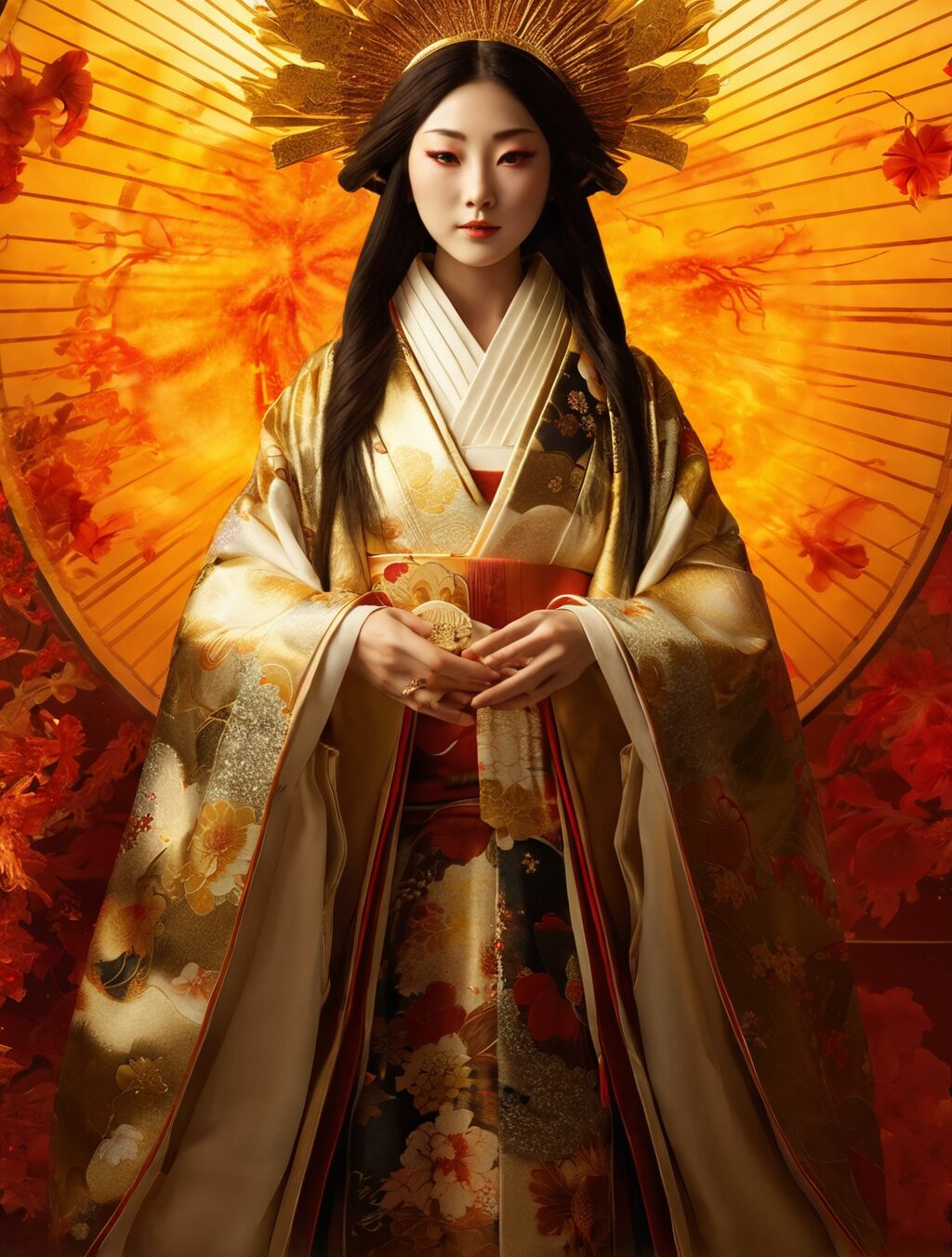Amaterasu’s Gifts to the Japanese: Unveiling the Divine Legacy
Win a Free Trip to Japan!
Experience cherry blossoms and ancient temples
In the realm of Japanese mythology, Amaterasu, the revered sun goddess, bestowed upon the people of Japan an array of extraordinary gifts, shaping their culture and destiny forever. These divine presents, ranging from celestial bodies to essential tools, played a pivotal role in the development of the nation’s identity and traditions.
Illuminating the Heavens: The Celestial Gifts
– The Sun: Amaterasu herself, the radiant sun, provided warmth, light, and sustenance to the Japanese people.
– The Moon: The moon, Amaterasu’s younger brother, Tsukiyomi, complemented the sun, illuminating the night sky.
Tools for Civilization: The Earthly Gifts
– Rice: The goddess taught the Japanese the art of rice cultivation, a staple crop that became the foundation of their diet.
– Silkworms: Amaterasu introduced sericulture, the cultivation of silkworms, providing the people with a valuable material for clothing.
– Tools and Weapons: The goddess gifted the Japanese with tools for hunting, fishing, and agriculture, enabling them to thrive in their natural environment.
Spiritual Guidance: The Religious Gifts
– The Divine Mirror: Amaterasu bestowed upon the Japanese people a sacred mirror, Yata no Kagami, symbolizing her divine presence and authority.
– The Jewel: The goddess also gifted them a sacred jewel, Yasakani no Magatama, believed to have protective and purifying powers.
FAQs:
- What was the significance of Amaterasu’s gifts to Japan?
- How did these gifts influence Japanese culture and traditions?
- What are the symbols and meanings associated with Amaterasu’s divine mirror and jewel?
Amaterasu’s gifts to the Japanese were more than just celestial objects or earthly tools; they were the seeds of a nation’s identity and the foundation of its cultural heritage. These divine presents continue to inspire and shape Japan, reminding the people of their divine origins and the enduring legacy of their sun goddess.
